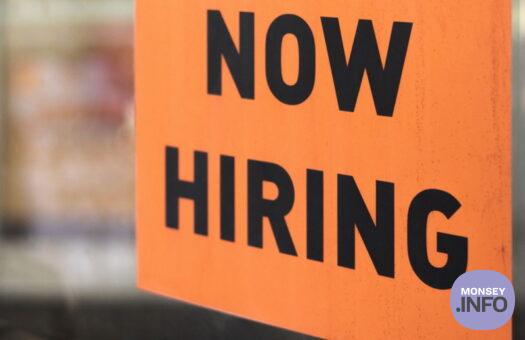
Governor Hochul Reminds New Yorkers of Upcoming Minimum Wage Increase
Governor Kathy Hochul today reminded New Yorkers that the state’s minimum wage will increase on January 1, 2024 as part of a historic, multi-year plan to increase the minimum wage and index it to inflation. Per an agreement between Governor Hochul and the New York State Legislature, New York’s minimum wage will increase to $16-per-hour hour in New York City, Westchester, and Long Island, and $15-per-hour in the rest of the state. Additionally, the minimum wage for home care aides will increase to $18.55 an hour in New York City, Westchester, and Long Island and $17.55 an hour in counties in upstate New York. Raising New York’s minimum wage to keep pace with inflation will benefit hundreds of thousands of minimum wage workers across the state.
“New York’s historic minimum wage increase will help to ensure that New Yorkers can continue to keep pace with rising costs,” Governor Hochul said. “Starting January 1, minimum wage workers who do not see the increase reflected in their paychecks are urged to file a complaint with the Department of Labor to make sure that they get the wages they are owed.”
As part of the FY 2024 Budget, Governor Hochul secured an historic agreement to increase New York’s minimum wage through 2026 and index it to inflation beginning in 2027. After the initial increase, the minimum wage will increase by $0.50 in 2025 and 2026. In 2027, the minimum wage will increase annually at a rate determined by the Consumer Price Index for Urban Wage Earners and Clerical Workers (CPI-W) for the Northeast Region – the best regional measure of inflation. An “off-ramp” is available in the event of certain economic or budget conditions.
The minimum wage increases for the next three years are shown below:
| Effective Date | New York City, Long Island, and Westchester County | Remainder of New York State |
| Current Minimum Wage | $15/hour | $14.20/hour |
| January 1, 2024 | $16/hour | $15/hour |
| January 1, 2025 | $16.50/hour | $15.50/hour |
| January 1, 2026 | $17/hour | $16/hour |
Indexing the minimum wage to inflation will help to maintain the purchasing power of workers’ wages from year to year. Increasing the minimum wage overall overwhelmingly benefits low-income workers, particularly women and people of color who comprise a disproportionate share of minimum wage workers.
Eighteen other states either currently tie their minimum wage to inflation or some other economic formula or are slated to do so, including three states which have minimum wages at or above $15 in 2023. Economic research shows that raising the minimum wage can lead to reductions in poverty, reduced social assistance spending, stimulative spending, improved worker productivity, and other benefits.
The New York State Department of Labor is conducting a public awareness effort to remind New Yorkers about the minimum wage increase and encourage minimum wage workers to report missing wages. That effort will include digital outreach via social media, newsletters, and e-mail communications and direct outreach to distribute informational flyers with partnering organizations.
Minimum wage earners who do not see the increase reflected in their paychecks can file a wage complaint on the New York State Department of Labor’s website or by calling 833-910-4378. For more information about NYSDOL’s efforts to combat wage theft, visit the Department’s landing page.









